The Secret Life of Christopher Koza
How life filters in over the span of a creative career: on weathering success and plateaus, shifting priorities, and building genuine connections

If you remember me when I’m gone I’ll know Somehow my mind wanders Somehow my heart wonders If you think of me when I leave I’ll sense it I can’t explain the invisible ways we’re all connected “Where We Go” - Sleepwalkers Part 1
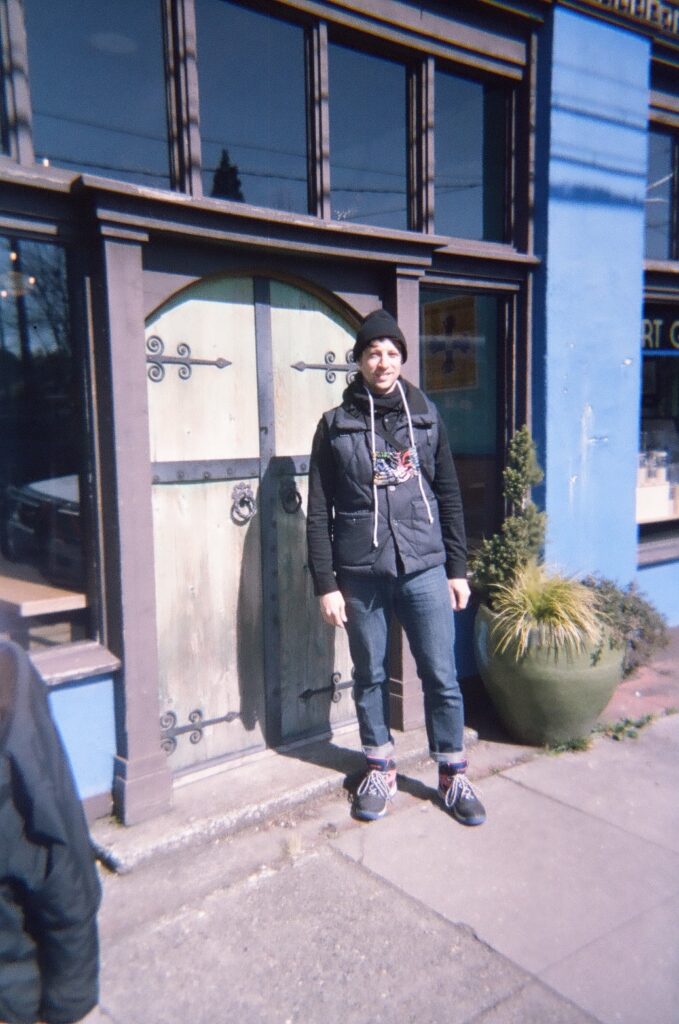
Life is always in transition for Chris Koza. The Minneapolis musician has chosen a career that has him always saying goodbye as he’s on the road to his next event. At his shows, he’s constantly looking to connect with people through lyrics that he’s drummed up in the folds of his complex mind.
On a late spring afternoon, he was still for the moment, over lunch at Uncle Frankie’s in Northeast Minneapolis. The spring weather was slow in coming this year, so he had bundled up on the patio, hair covered underneath a beanie as he laughed when random jokes broke through the busy thoughts swirling in his brain. When Chris speaks, it’s often lyrical, running a close parallel to his songs that weave poetry with storytelling.
Bathed in the mid-afternoon sunlight that broke through the clouds, the look on Koza’s face went beyond that of someone immersing himself in the moment. It’s a look that says, “What you are saying is important. I am present and want to connect with the words coming out of your mouth.”
He pondered between bites of food: “Being present is something that I’ve became more aware of over years of doing music and seeing people come to my shows for the last decade. If I get a chance to interact with that person, I want to give back to them. They’ve given me so much attention, so much of their resources, and if I can have five minutes of an engaged conversation with them after a show, I’ll have given back somehow. It’s important to me, because I think there’s an exchange of energy that happens, and I want to know something about them. What they see about me that is public facing is what I post on Facebook or Instagram; they can watch all the things that I share about me without me knowing. This is how our society works. I watch basketball and I know so much about all these basketball players, about their game and stuff, and I’ve spent so many hours with them. But if I saw them on the street, it’d be like, ‘You’re not my friend.’ But I feel like with the people that support my music, they’ve really given me a piece of themselves.”

Photo: Chris Koza. 
Photo: Chris Koza. 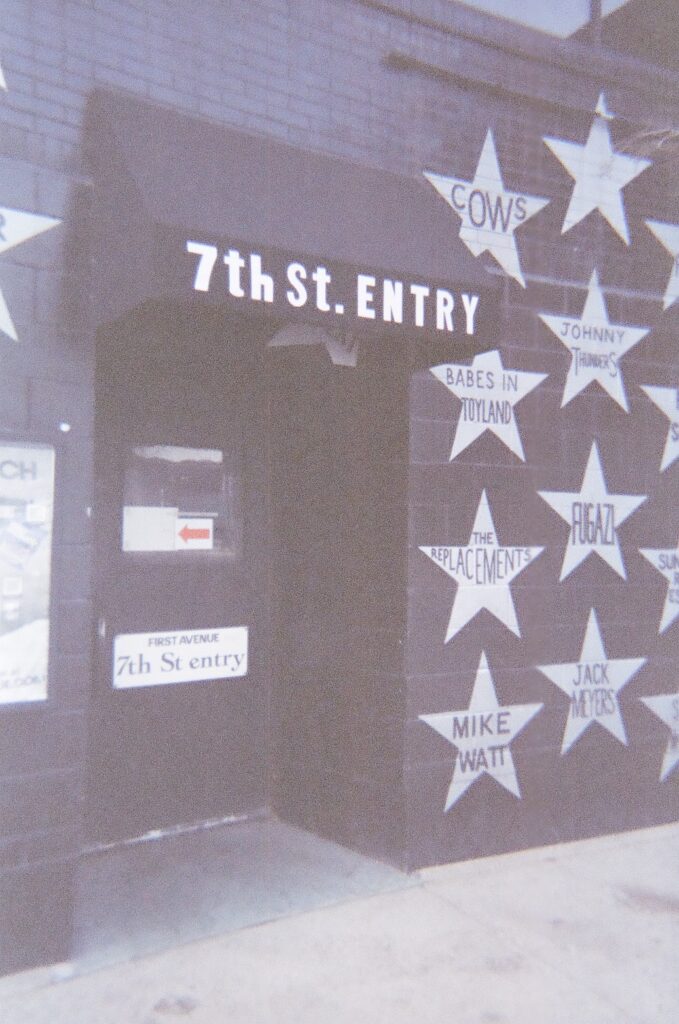
Photo: Chris Koza. 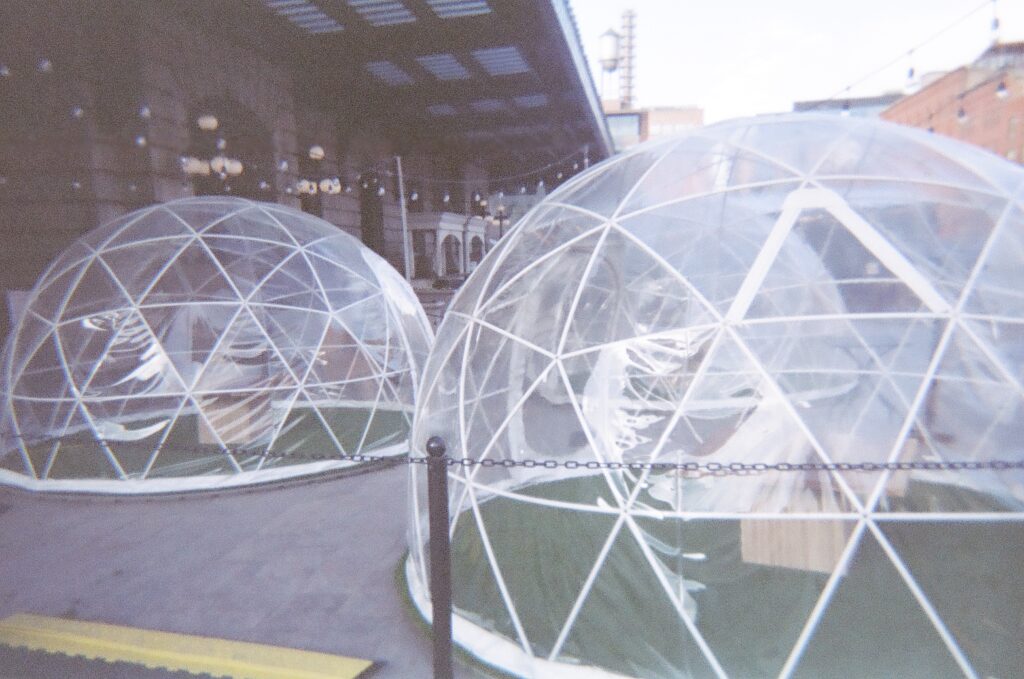
Photo: Chris Koza. 
Photo: Chris Koza.
Chris immerses himself in words. They are the way he primarily chooses to express himself creatively. His most recent venture bends his artistry into something new: a book of poetry he wrote over the pandemic that accompanies an instrumental album. On Horseshoe Lake is so delicate, understated, and careful in the construction that it doesn’t feel like it deviates too far from his prior albums. The last track on the album—the only one with lyrics—provides a more rousing tune that called in many friends to contribute to backing vocals.
Chris weaves stories. From a Portland childhood, he can pinpoint the exact moment when he heard his music teacher perform “The Entertainer” for his class in first grade and chose music as a career. St. Olaf pulled him to Minnesota, and he shared, “I’ve lived in Minnesota longer than I have in Portland, so it’s interesting what is considered home.”
On Rogue Valley’s (Koza’s band that is separate from his solo work) first project, the band wrote, recorded, and released four full-length albums in one year, each based on a season. The summer album was dedicated to all things Portland. On the winter album, he made room for Minnesota, and wrote on introspection in the cold and the resolution of endings. “The Wolves and the Ravens” is the universal song that tied the whole project together. The tune is as poignant as it is pure, talking about the reflections of the completion of a life. It caught the attention of Ben Stiller and his team when they were pulling songs for The Secret Life of Walter Mitty soundtrack. An email was sent to the band’s inbox and Chris read it, not truly understanding the weight of what was being asked, but also knowing it was not to be brushed aside as spam.
The notoriety of being on the same album as José González, Of Monsters and Men, Jack Johnson, Rogue Wave, and David Bowie elevated the band to another level—or at least the perception of “making it” finally came to fruition, after Chris had been making music for two decades. The hard part was defining what success really meant after that. The grueling cycle of album, tour, album, tour—along with Chris doing many solo shows as the “artist in the corner of a coffee shop”—started to drain his creative energy. It led to difficulty in finding meaning in being on the road when touring was such a money drainer, and as the group grew older and began to start families, priorities shifted.
Chris continued to write, putting out album after album in steady succession. Those albums were broken up with tours with Brandi Carlile and Ingrid Michaelson, many solo excursions, and playing guitar for the New Standards, but it always felt like he was on the cusp of something tangible. The talent was there, but it felt like things got lost in the shuffle as life filtered in.

Photo: Chris Koza. 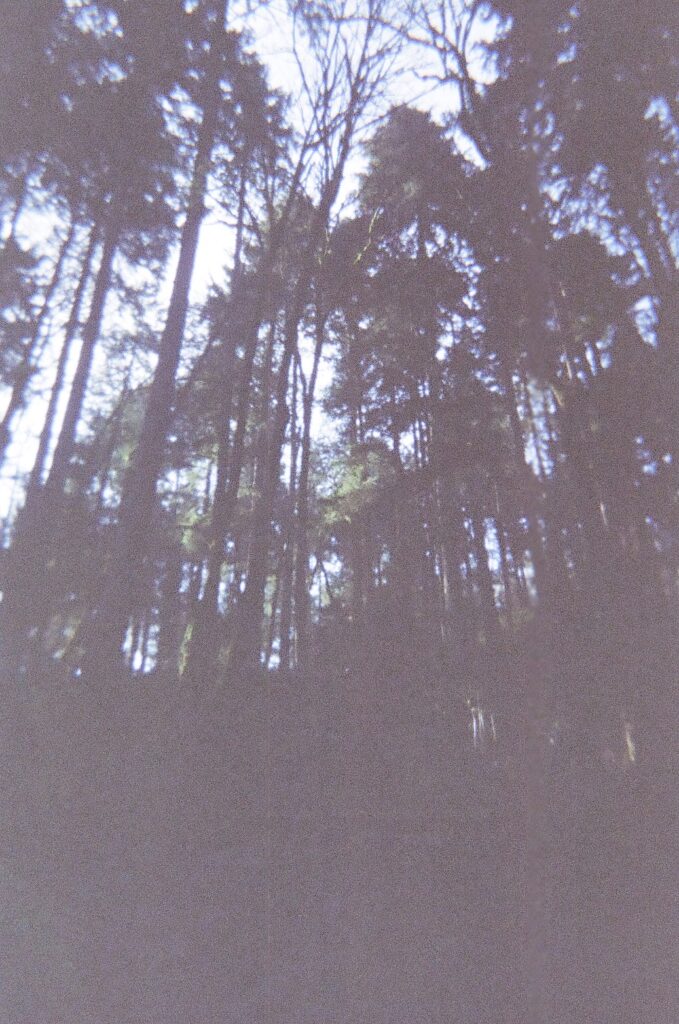
Photo: Chris Koza. 
Photo: Chris Koza. 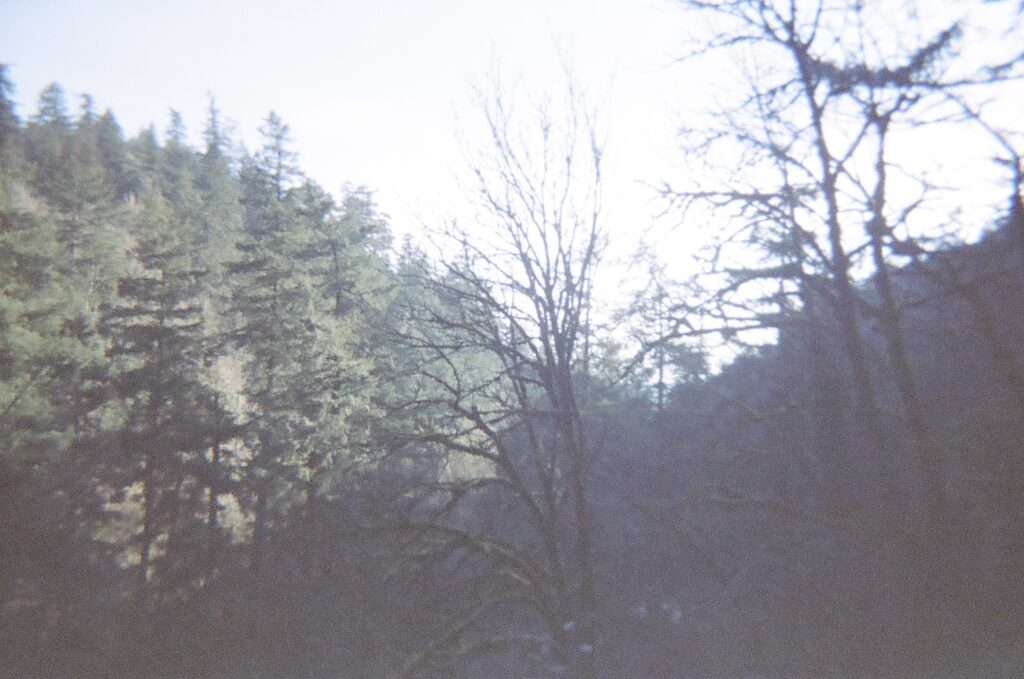
Photo: Chris Koza. 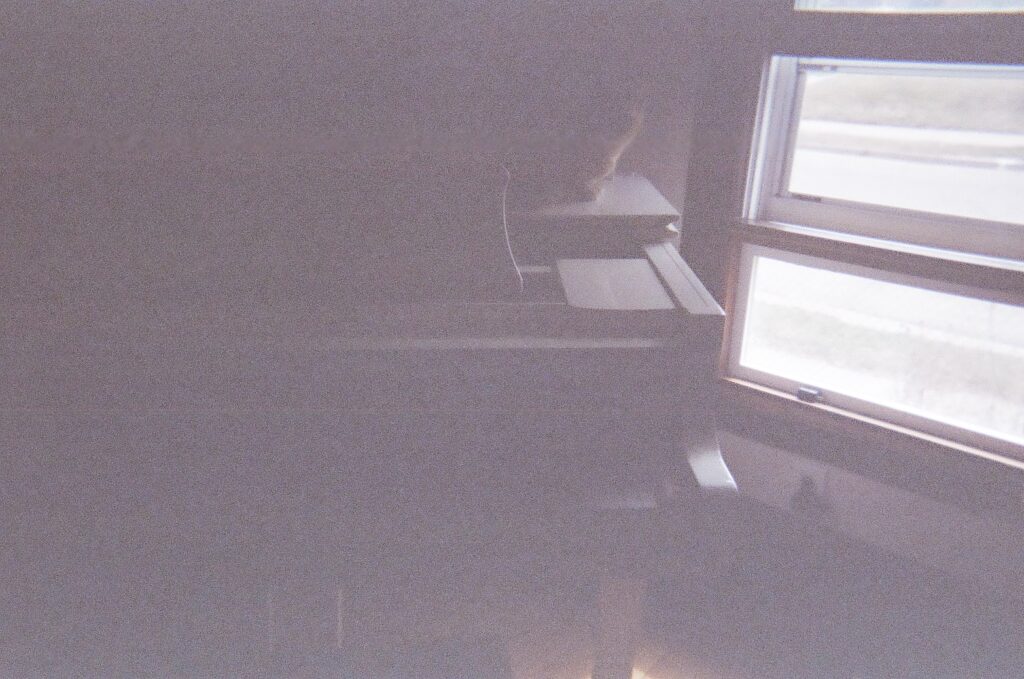
Photo: Chris Koza.
“I definitely think it’s been different, and every decade or every few years the shift changes. There is a timeline, and you will get to that time when you get there. All I can do is try to work my tail off and get to that next show and be affable, maybe lean on the goofy side of myself just a little bit. If you had asked me at that moment—watching the credits on the Walter Mitty movie roll and seeing my name on the big screen—if you had asked if I thought my band would be super successful, and we’d be touring all over and we’d have sustained interest—I thought that’s what was going to happen next.”
The fear of reaching a certain level of success and then plateauing as an artist is something that looms on many artists’ minds. What happens when inquiry emails for shows or opportunities take longer for a response? What happens when you are poised to be the “next big thing”—being able to live sustainably as an artist doing what you were meant to do—and it didn’t happen as you had hoped?
It’s at that time—as Koza shifts focus to his relationships—that “you meet people where they are. I wish it was different, but I don’t pine for it. That’s one of the reasons I like to work on so many different things. To put energy into those things—that’s what makes a difference to me. When someone comes to a show and says they love all my music, I can spend some time with that person, and acknowledge them and hear what they have to say. So, if I was in a position where I was playing for 2000 people a night, all over the country, all over the world, I wouldn’t have time for those moments. I wouldn’t have time to work on any other songs. It’s hard to say, but you always get to the point where it becomes a tradeoff, and that is a place louder than any words.”
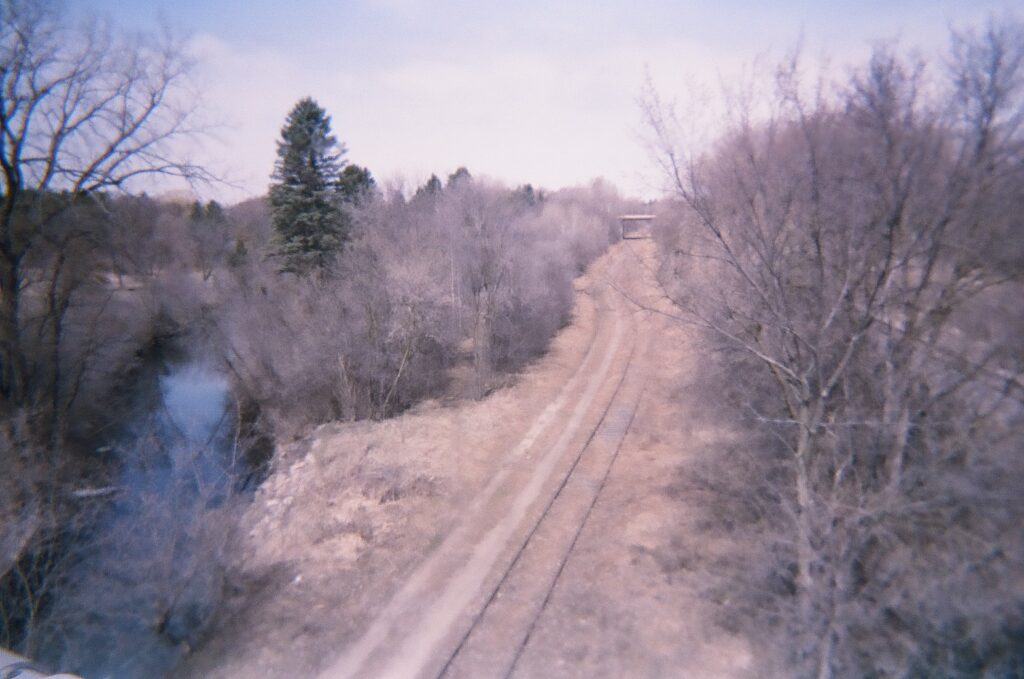
Photo: Chris Koza. 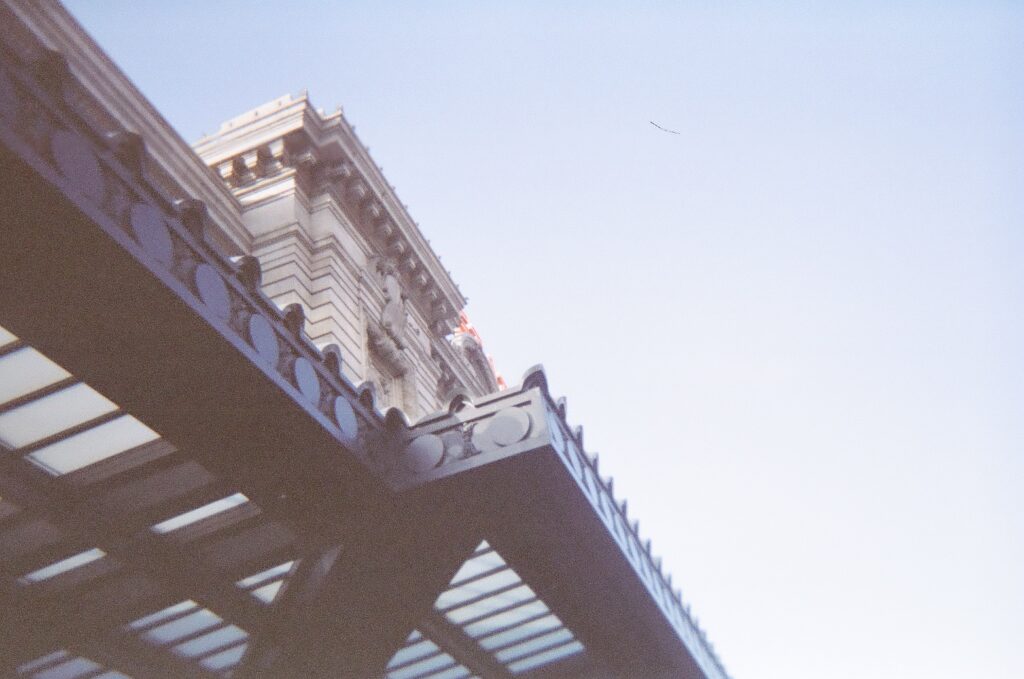
Photo: Chris Koza. 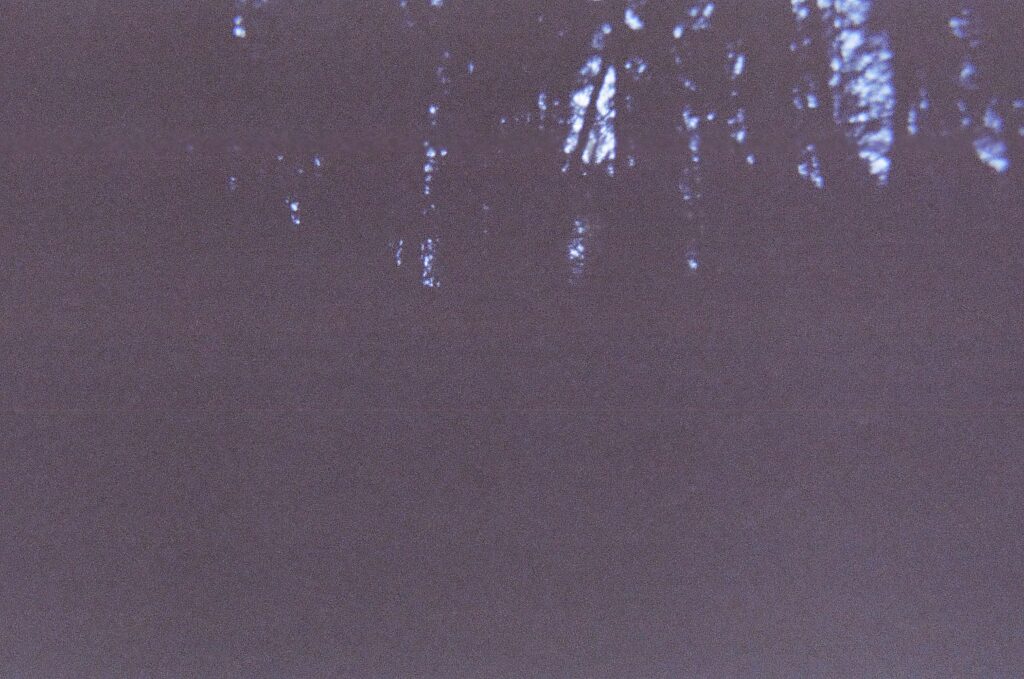
Photo: Chris Koza. 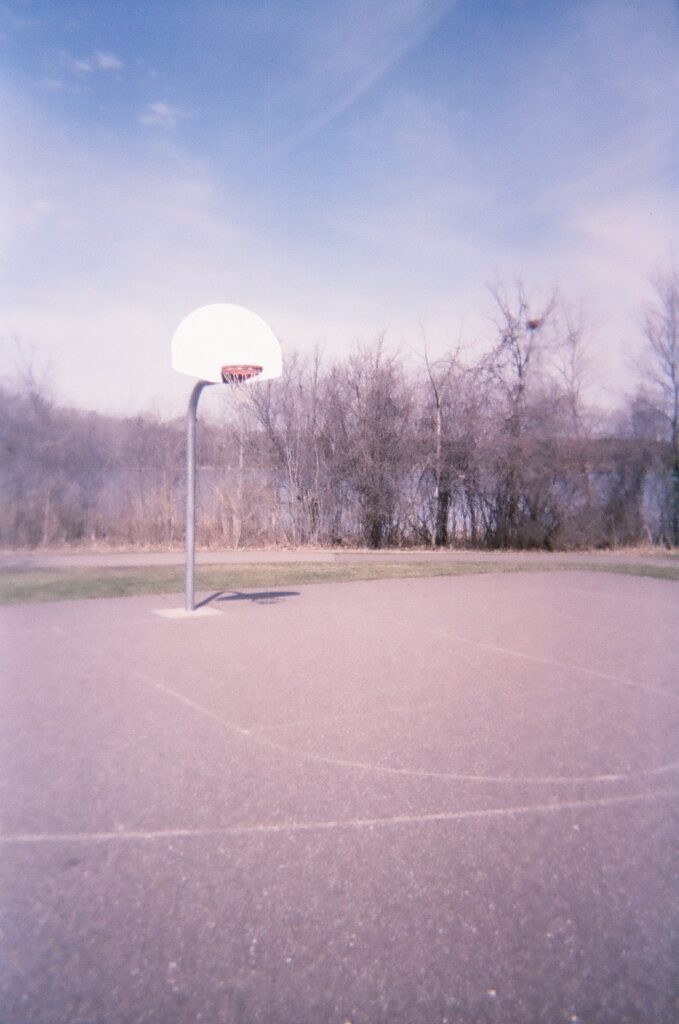
Photo: Chris Koza. 
Photo: Chris Koza.
Chris Koza is a performer/composer who resides mainly in Minneapolis, where the shimmering city grows upward and the mighty Mississippi river flows onward. Since his 2004 debut album Exit Pesce, Chris, under his own name, the moniker Nobody Kid and with his band Rogue Valley, has self-produced and released sixteen studio albums and EP’s, with this most recent year (2021) seeing two releases: the instrumental album On Horseshoe Lake and Sleepwalkers part 2: The Rain Collector.
Chris writes primarily in the tradition of Americana music. Strands of folk, rock, pop, and country music can be found in his lyrically-rich songwriting. The stories he tells regard the human experience of life, love, loss and longing for something greater. His music can be found throughout the independent documentary Beyond the Divide, the major studio film The Secret Life of Walter Mitty, and in the background of countless television shows and campaigns.
Over the years, Chris has toured nationally and internationally, and supported a wide range of well-known artists such as Brandi Carlile, Ingrid Michaelson, Stephen Kellogg, This is the Kit, and Tift Merritt, among many others. Chris has also been the recipient of several Minnesota State Arts Board grants which have allowed him and his bandmates to spend time and energy discussing, creating, and performing music in schools, community homes, and performing arts centers throughout greater Minnesota.
Like many artists and musicians, the COVID-19 pandemic has continued to force a change of musical strategy and career perspective. Since the initial lockdown in March of 2020, Chris has taken to revisiting and completing several collections of music waylaid in fits and starts. He is also currently working on a new Rogue Valley album, as well as a musical in collaboration with playwright Josh Tobiessen.